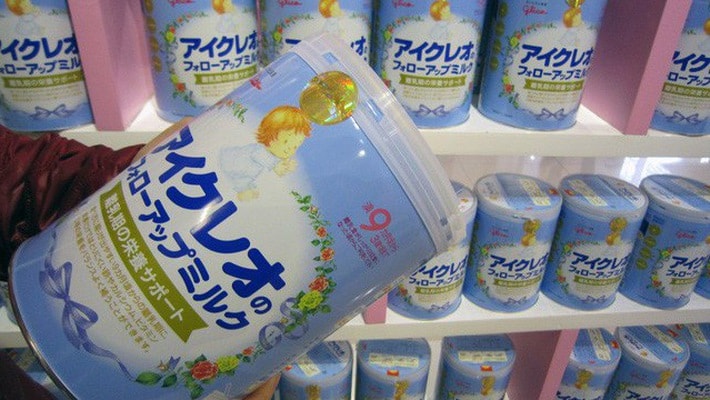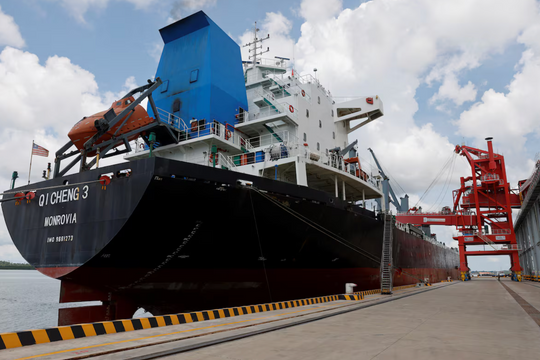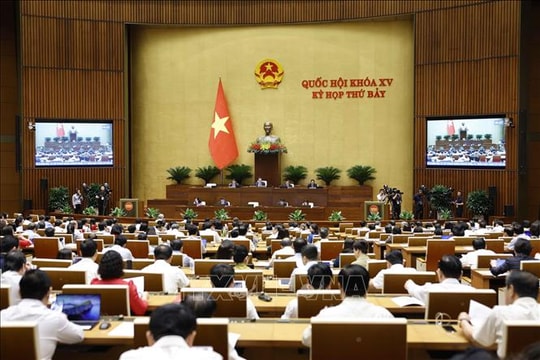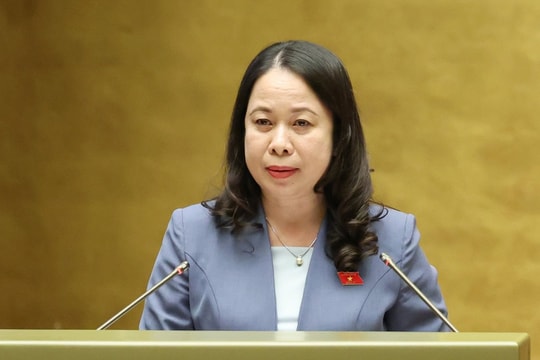Joining CPTPP, will Vietnamese people be able to buy cheap foreign milk?
When Vietnam joins CPTPP, import tax on dairy products from New Zealand, Singapore, and Japan will be reduced to 0%, which is an opportunity for consumers but a challenge for Vietnamese businesses.
Opportunities for Vietnamese consumers
Vietnam and 10 member countries officially signed the Comprehensive and Progressive Agreement for Trans-Pacific Partnership (CPTPP) on March 9. Accordingly, import and export tariffs on a series of goods will be reduced to 0% within 7 years.
 |
In addition to the advantages of Vietnam joining CPTPP, from the consumer perspective, there will also be benefits from this Agreement, including the benefit of being able to buy milk and dairy products at cheaper prices.
Because data from the General Department of Customs shows that, tbusinessIn 2017, the group of imported milk and dairy products reached a turnover of 865.4 million USD, an increase of 1.59% compared to 2016. Of which, imported milk and dairy products from the New Zealand market accounted for 26.9% of the total turnover, reaching 232.8 million USD.
Next are Singapore and the US with 122.4 million USD and 67.7 million USD respectively.
By the end of February 2018, Vietnam’s import turnover of milk and dairy products had reached 128.1 million USD. New Zealand remained the main market supplying milk to Vietnam in the first two months of the year, accounting for 32.3% of the total turnover with 41.3 million USD.
Next is Singapore with 14.5 million USD; Malaysia with 5.1 million USD and Japan with 2.4 million USD.
Thus, among the 10 countries participating in CPTPP, there are 4 countries exporting milk to the Vietnamese market with the largest market share.
As for milk imported from New Zealand, before the CPTPP comes into effect, the import tax rate on milk from this market has been reduced to 0% since 2018, based on the agreement of the ASEAN-Australia-New Zealand Free Trade Agreement (AANZFTA).
"CPTPP is a 4th generation agreement. The first generation only covered the goods sector, the second generation added the financial sector, the third generation covered investment and this is the 4th generation. That means this agreement is becoming more and more progressive, requiring a higher level, so it will bring many opportunities for businesses as well as consumers," said expert Ngo Tri Long when talking to VnEconomy.
Among the benefits that CPTPP brings, Mr. Long said that the biggest advantage of CPTPP for Vietnam in particular and the remaining countries in general is that the tax rate on goods will gradually move towards 0%, including milk and dairy products.
Thus, if following the roadmap, within the next 7 years, imported milk from New Zealand, Singapore, Japan, etc. will be cheaper.
Challenges for dairy businesses right at home
CPTPP brings many opportunities for Vietnamese enterprises. However, in the agricultural sector in general and the dairy industry in particular, to take advantage of the opportunities, enterprises must overcome challenges.
As economist Tran Du Lich said, these challenges are not new when Vietnam signed CPTPP but have been posed by many other trade agreements such as the ASEAN Free Trade Agreement or AANZFTA...
At that time, tax rates will be 0%, goods from other countries will flood into Vietnam, forcing Vietnamese businesses to compete fairly.
"In CPTPP, the most worrying sector is agriculture, because our agricultural productivity and quality are not stable, so we need to pay more attention. Of course, in agriculture, it also depends on each industry, for example, the meat industry, the dairy industry, our competitiveness is still weak, the cost is high but the quality is not as good as other countries, so we have to invest.
"If we do not invest properly and professionally, this will be a difficult problem. Then, Vietnamese enterprises will not only lose on the opponent's field but also lose at home," Mr. Ngo Tri Long emphasized.
To compete with foreign enterprises, Mr. Tran Du Lich noted that Vietnamese enterprises must know how to choose products, choose markets, and focus on their work, not just do whatever comes their way.
Sharing the same view, Minister of Industry and Trade Tran Tuan Anh also previously said that Vietnamese enterprises need to change their business mindset in the new context, taking competitive pressure as the driving force for innovation and development.





